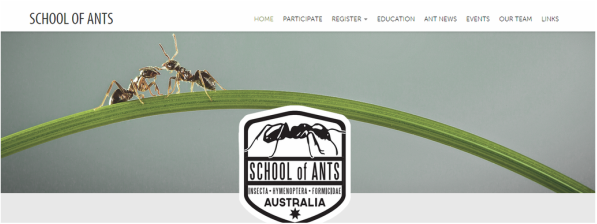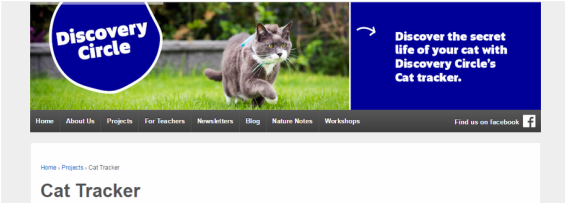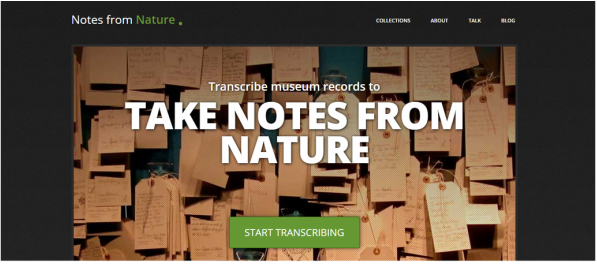Eventually, Mustard and I want to be able to run a citizen science project as part of our PhD. We will ask volunteers to find caterpillars and rear them into butterflies, or hopefully, find some parasitoid wasps living inside the caterpillar instead! We are a long way off that yet, but we are researching citizen science projects for our literature review.
A citizen science project is real scientific research that involves people who are not trained scientists. There are HEAPS of citizen science projects you can be a part of, with different requirements and time commitments. Here's a few of our favourites:
A citizen science project is real scientific research that involves people who are not trained scientists. There are HEAPS of citizen science projects you can be a part of, with different requirements and time commitments. Here's a few of our favourites:
The Pieris Project asks volunteers from all over the world to look for cabbage white butterflies (Pieris rapae) around their home, collect a butterfly and send it to the researchers. They are studying the adaptation of the cabbage white butterfly in habitats across the world - how have the genes, colours, shapes and sizes of the butterfly changed as it spread to new places? To do this, they need specimens from all over the world.
School of Ants operates in both Australia and America. The Australian team of researchers are attempting to build a distribution map of ant species covering all of Australia. They are also interested in what sort of food ants prefer in different habitats. To be a volunteer, you can register on the website, run your own experiment using biscuits, sugar and cocktail sausages (counting how many ants are attracted to each food type), collect the ants and send them to School of Ants HQ!
The Discovery Circle, based in South Australia, organises lots of different citizen science projects that focus on our relationship with the natural world in the urban environment. Their latest project is called Cat Tracker, and although it isn't about insects, it sounds like lots of fun! The researchers will loan you a GPS tracker to attach to your cat's collar. The map of where your cat travels in his or her adventures is then uploaded to the website to build a better picture of what our domestic cats get up to when they are out of the house.
Don't feel like leaving the house, but still want to contribute to a citizen science project? Notes from Nature is a project where you can help researchers by transcribing museum specimen labels. You will be given picture of the museum specimen and the label on your computer screen, and you type out what is written on it! Easy! It might sound trivial, but having a digital database of these specimens will make a huge difference to the organisation of museum collections, and the usefulness of the specimens for scientists. Notes from Nature is part of Zooniverse, a huge online portal for citizen science projects. If none of the ones we've talked about take your fancy, check out Zooniverse, or if you are in Australia, have a look on the Atlas of Living Australia's citizen science portal.
Being part of a real scientific research project helps our scientists make discoveries faster, and often learn things they couldn't if they were doing it all by themselves. It can also be a lot of fun to be a citizen scientist! Let us know in the comments if you have a favourite citizen science project, or share your stories of contributing to one!
Being part of a real scientific research project helps our scientists make discoveries faster, and often learn things they couldn't if they were doing it all by themselves. It can also be a lot of fun to be a citizen scientist! Let us know in the comments if you have a favourite citizen science project, or share your stories of contributing to one!




 RSS Feed
RSS Feed
